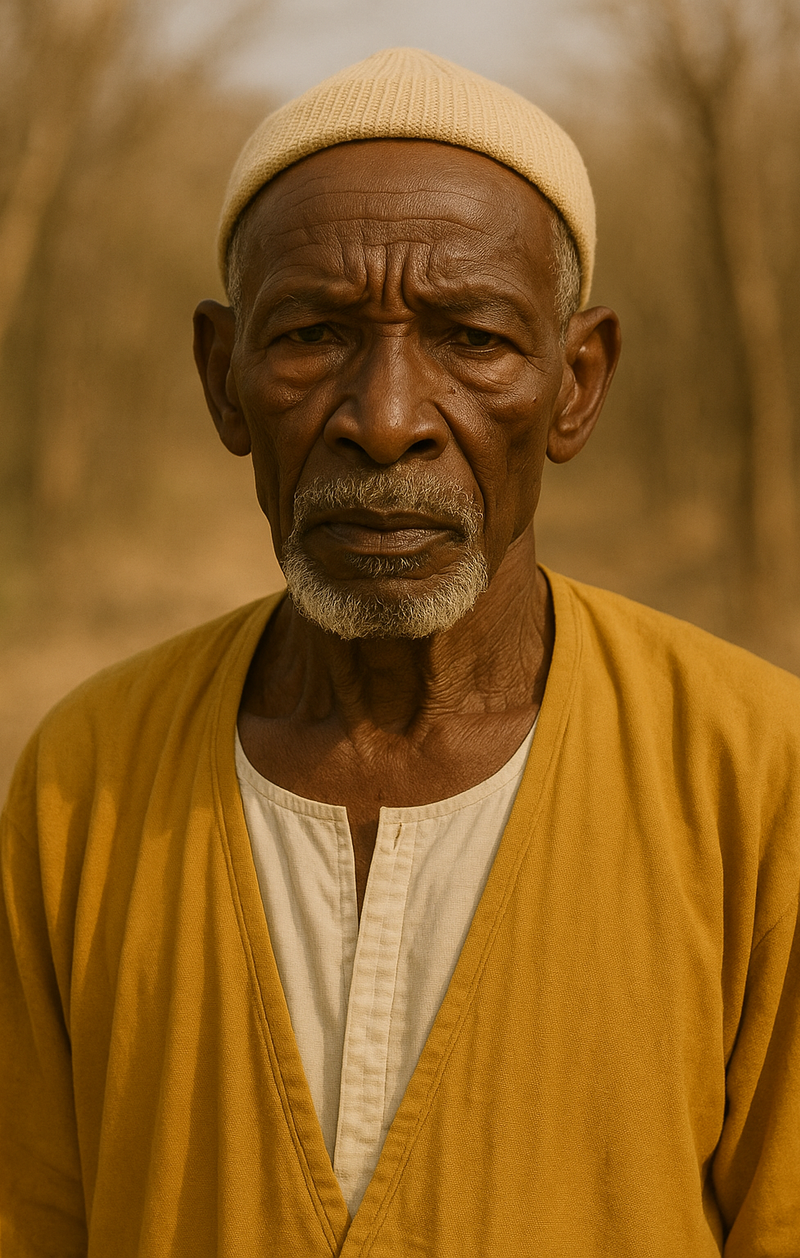Manasseh
Manasseh – 𐤌𐤍𐤔𐤉
Meaning in Paleo: “Causing to forget.” Yoseph said, “For AL has made me forget all my toil and all my father’s house.” The name expresses healing and restoration—forgetting sorrow and remembering mercy.
Ya’aqob’s Prophetic Word (Barashiyth):
When Yoseph saw that his father laid his right hand upon the head of Ephrayim, it displeased him; and he held up his father’s hand to remove it from Ephrayim’s head unto Manasseh’s head. And Yoseph said unto his father, Not so, my father: for this is the firstborn; put your right hand upon his head. And his father refused, and said, I know it, my son, I know it: he also shall become a people, and he also shall be great: but truly his younger brother shall be greater than he, and his seed shall become a multitude of nations.
Moshah’s Barakah (Dabarim):
And of Yoseph he said, Barak of YaHU’aH be his land, for the precious things of heaven, for the dew, and for the deep that couches beneath, and for the precious fruits brought forth by the sun, and for the precious things put forth by the moon, and for the chief things of the ancient mountains, and for the precious things of the lasting hills. Let the Barakah come upon the head of Yoseph, and upon the top of the head of him that was separated from his brothers.

Manashah — Shona People (Zimbabwe & Malawi)
Prophetic Role: Manashah represents wisdom, leadership, and covenant preservation through structure and innovation. The Shona peoples of Zimbabwe and Malawi reflect this heritage through their architectural genius, social cohesion, and disciplined communal order.
Historical Context: Builders of Great Zimbabwe and other enduring stone cities, the Shona established trade routes, agricultural systems, and spiritual practices aligned with reverence for ancestry and creation. Their endurance against European invasion exemplifies the promise of being scattered yet fruitful among many nations.
Cultural Traits: Manashah’s prophetic identity as a provider is seen in the Shona’s skillful cultivation, defense systems, and communal governance. Their legacy of craftsmanship, moral structure, and covenant mindfulness portrays a lineage rooted in Yahusaph’s Barakah of provision and leadership.
Scriptural Connection: “And YaHU’aH shall make you plenteous in goods, in the fruit of your body, and* in the fruit of your cattle, and in the fruit of your land…” — Dabarim (Deuteronomy) 28:11
Yahusaph (Yoseph) — The Fruitful Branch
Tribal Legacy: Yahusaph’s inheritance was divided into two — Ephrayim and Manashah — representing the dual expression of fruitfulness and stewardship. Ephrayim’s Sotho identity reveals leadership through unity and expansion, while Manashah’s Shona heritage manifests structure, craftsmanship, and covenant discipline.
Together, these tribes reveal the prophetic fulfillment of Yahusaph’s Barakah: to be fruitful, multiply, and sustain nations through wisdom, strength, and faithfulness to 𐤉𐤄𐤅𐤄 (YaHU’aH).
Sources:

